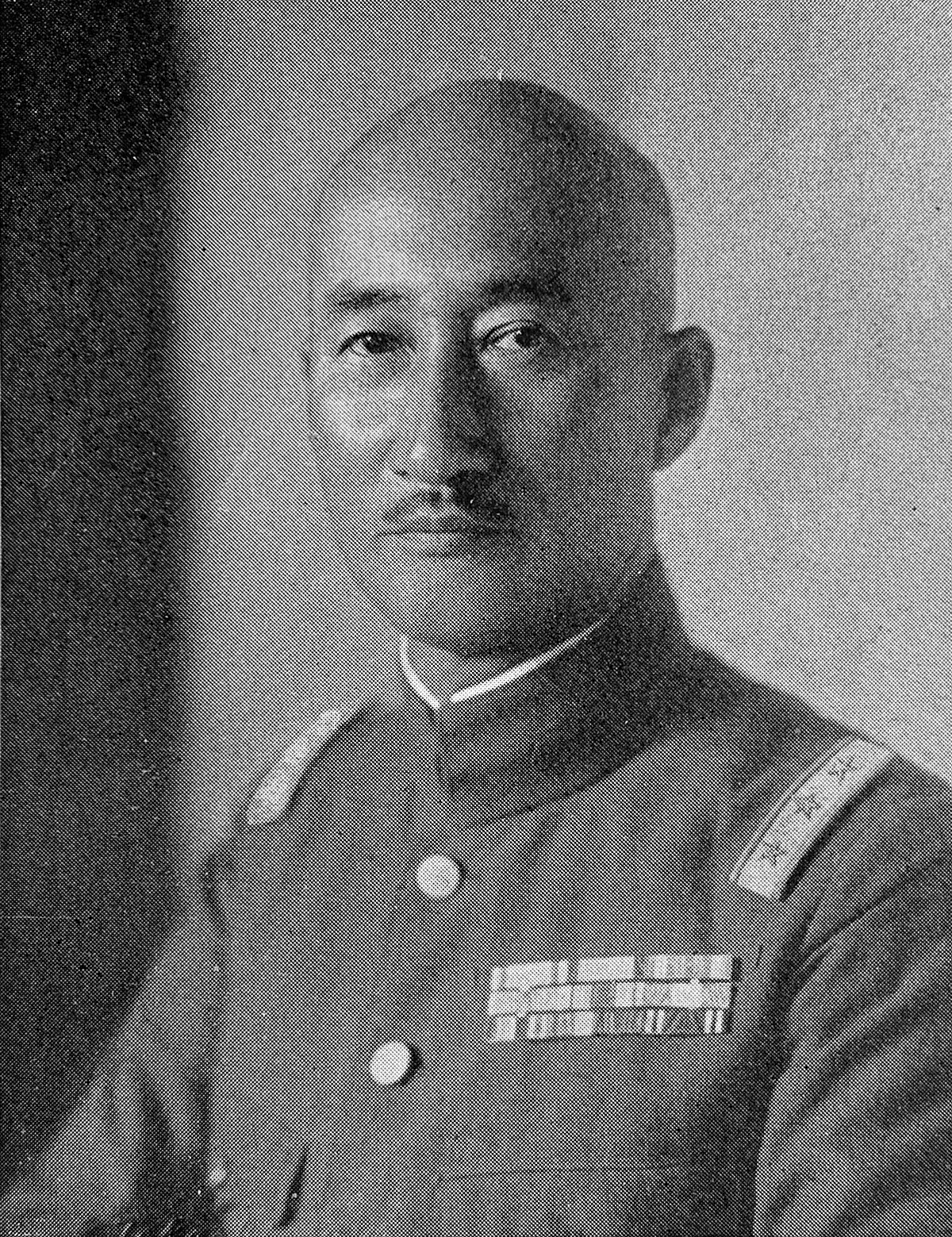 1.
1. Hisaichi Terauchi graduated from the 11th class of the Imperial Japanese Army Academy in 1899, and served as a junior officer in the Russo-Japanese War with the Guards 2nd Infantry Battalion.

 1.
1. Hisaichi Terauchi graduated from the 11th class of the Imperial Japanese Army Academy in 1899, and served as a junior officer in the Russo-Japanese War with the Guards 2nd Infantry Battalion.
Hisaichi Terauchi was promoted to lieutenant colonel in November 1916 and attached to the IJA 2nd Infantry Regiment in September 1917.
Hisaichi Terauchi worked as several administrative posts within the Imperial Japanese Army General Staff from September 1918.
Hisaichi Terauchi was promoted to major general in February 1924 and was assigned to the staff of the IJA 1st Division in March 1926.
In September 1926, the San'yo Main Line train he was riding on derailed in an accident that killed 34 people, but Hisaichi Terauchi was not injured.
Hisaichi Terauchi was promoted to lieutenant general in August 1929 and was assigned command of the Hiroshima-based IJA 5th Division.
Hisaichi Terauchi demanded an official apology from the Osaka police, insisting that the policeman had unfairly injured the Army's prestige.
Hisaichi Terauchi was promoted to full general in October 1935.
In February 1937, Hisaichi Terauchi was appointed head of the Inspectorate General of Military Training, the third-most prestigious post in the military.
Hisaichi Terauchi was awarded the Grand Cordon of the Order of the Rising Sun in 1938.
In November 1941, Hisaichi Terauchi was transferred to command of the Southern Expeditionary Army Group and soon afterward began coordinating war plans with Admiral Yamamoto Isoroku for the Pacific War.
Hisaichi Terauchi received the Order of the Golden Kite, 1st class, in March 1942.
Hisaichi Terauchi personally surrendered to Mountbatten on 30 November 1945 in Saigon.
Hisaichi Terauchi was buried at the Japanese cemetery in Singapore.
The 2nd Count Hisaichi Terauchi surrendered his family heirloom wakizashi short sword to the then Lord Louis Mountbatten in Saigon in 1945.
Hisaichi Terauchi was given command of Southern Expeditionary Army, responsible for the opening Japanese offensive of the Pacific War.
Hisaichi Terauchi was critical of Masaharu Homma for being too "soft" on Filipinos and of Hitoshi Imamura for being too lenient to the Indonesian independence movement.
Hisaichi Terauchi thought the army should stay out of politics, by which he probably meant that the politicians should keep their hands off the army.
When told that Hisaichi Terauchi was in too poor health to attend the surrender ceremony at Singapore, Mountbatten sent his own doctor to examine Hisaichi Terauchi.
On 11 June 1946, Hisaichi Terauchi became angered by a report of a Kempeitai lieutenant colonel who had threatened to disclose Japanese war crimes to the Allies, and he suffered a second massive stroke and died early the next morning.